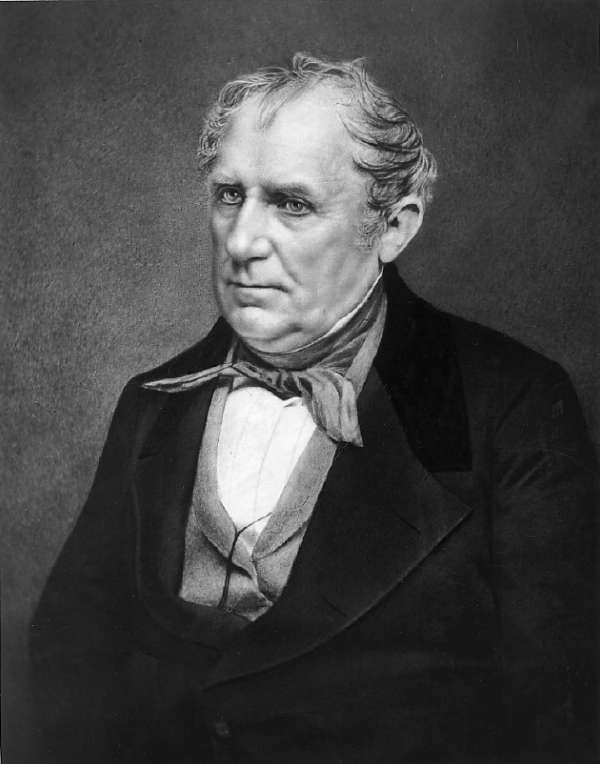Everybody says it, and what everybody says must be true.

"James Fenimore Cooper" was a prolific and popular American writer of the early 19th century. His historical romances of frontier and Indian life in the early American days created a unique form of American literature. He lived most of his life in Cooperstown, New York, which was founded by his father William on property he owned. Cooper was a lifelong member of the Episcopal Church (United States)/Episcopal Church and in his later years contributed generously to it. He attended Yale University for three years, where he was a member of the Linonian Society, but was expelled for misbehaviour.
Before embarking on his career as a writer he served in the U.S. Navy as a Midshipman, which greatly influenced many of his novels and other writings. He is best remembered as a novelist who wrote numerous sea-stories and the five historical novels of the frontier period known as the Leatherstocking Tales. Among naval historians Cooper's works on the early U.S. Navy have been well received, but they were sometimes criticized by his contemporaries. Among his most famous works is the Romanticism/Romantic novel The Last of the Mohicans, often regarded as his Magnum opus/masterpiece.
More James Fenimore Cooper on Wikipedia.It is a besetting vice of democracies to substitute public opinion for law. This is the usual form in which masses of men exhibit their tyranny.
The principal advantage of a democracy, is a general elevation in the character of the people.
If the newspapers are useful in overthrowing tyrants, it is only to establish a tyranny of their own.
The tendency of democracies is, in all things, to mediocrity.
On the human imagination events produce the effects of time. Thus, he who has travelled far and seen much is apt to fancy that he has lived long; and the history that most abounds in important incidents soonest assumes the aspect of antiquity.
Ignorance and superstition ever bear a close and mathematical relation to each other.
Copyright © 2024 Electric Goat Media. All Rights Reserved.